Wild Resources Stock-Taking
I am currently working with chef Chrisoffer Hruskova on this event.
Although much of our eventual menu wont materialise until we actually start foraging, I thought it would be a good idea to give Chris and idea of some of the resources that will be at his disposal come the end of April so he can do some planning. This is an interesting snapshot of the constantly changing range of wild food resources that are around us all the time. People joining us for the event itself will encounter many of these before eating them in the evening. The list comprises:
- 115 freshly foraged plants, fungi, seaweed and a few “safe” shellfish
- 29 preserved, processed or frozen wild foods (including some roe deer haunches)
There is also a list of great locally reared meats and some of my favourite Galloway produce. I will post the actual menu that arises from this abundance in a month or so.
What a generous part of the world this is!
Key:
* = Wild foods that I will forage myself from the further reaches of Galloway
? = Uncertain availability at time of writing
?? = Very uncertain availability
Many of the wild foods listed here are described in greater detail elsewhere on this website. Check out the wild food guide or use the search box to learn more.
……………………………………………………………………………………………………………………………….
Woodland/hedgerow species – Fresh:
Alliums: 3 corner leek*, wild garlic, few-flower leek* – flowers, leaves, shoots, bulbs and seeds(?)
Wood sorrel – leaf and flower
Common sorrel, sheep sorrel
Saxifrage
Hairy/wavy bittercress
Cuckoo flower – flowers and leaves
Greater cuckoo flower – leaves and flowers (?)
Garlic mustard
Plantains – ribwort, greater, hoary (also sea and buckshorn – see coastal section)
Archangel leaves
Water mint
Reedmace shoots and roots
Arsesmart(?)
Nettle
Lesser celandine
Dandelion leaves, roots, flowers
Hawkweed
Cleavers/goosegrass
Yarrow
Spignel
Hogweed shoots
Cow parsley
Sweet cicely
Ground elder
Pig nut (?)
Fool’s watercress (pie cress)
Angelica shoots
Japanese knotweed
Bistort leaves
Silverweed leaves/roots
Fat hen
Primrose leaves/flowers
Broom flower/buds
Gorse flower/buds
Watercress
Hawthorn flowers, leaves
Blackthorn, cherry, apple blossoms (?)
Scarlet elf cup (?)
Dryad’s saddle (?)
Velvet shank (?)
Oyster mushrooms (?)
Reindeer moss (lichen)
St Georges Mushroom (?)
Birch leaves, twigs and possibly still some fresh sap (??)
Douglas fir/ sitka spruce buds
Pennywort
Pink purslane
Ladies mantle
Bush vetch
Bog myrtle (sweet gale) leaves*
Meadowsweet leaves
Chickweed
……………………………………………………………………………………………………………………………….
Coastal species – Fresh
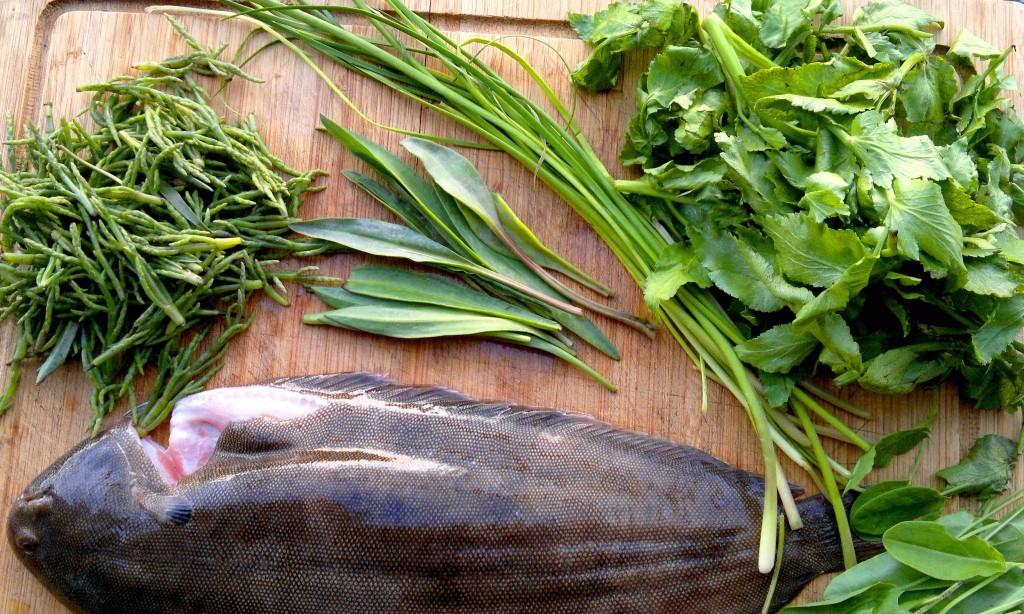
Sea kale shoots, florets (?), flowers (??)
Orache (salty sea-spinach) leaves
Common mallow leaves
Sea sandwort shoots
Sea beet leaves
Rock samphire (?)
Wall pepperwort
English stonecrop (?)
Sea radish leaf
Laver (nori)
Gutweed
Channel wrack
Sugar kelp
Bladder wrack
Sea lettuce (?)
Wild thyme
Sea campion leaves, flowers (??)
Scots lovage* (?)
Oyster plant* (??)
Sea arrowgrass (Coriander grass)
Sea aster leaves
Scurvy grass leaves, flowers, seeds
Sea rocket leaves
Sea purslane leaves* (?)
Sea plantain
Buckshorn plantain
Spoot clams
Cockles (?)
Native oysters (??)
……………………………………………………………………………………………………………………………….
My stock of preserved wild foods
Pickled girolle
Girolle, winter chanterelle, hedgehog fungi preserved in olive oil with truffle
Pickled marsh samphire
Pickled hogweed seeds
Frozen sloes (not very many)
Frozen rosehips (not very many)
Sea buckthorn vodka
Sloe gin
Damson gin
Elderberry vinegar (v sweet and thick)
Pontack (elderberry vinegar, not so sweet/thick, with spices)
Crab apple jelly/cheese
Crab apple and sea buckthorn jelly/cheese
Bramble and sweet cicely jam (not much)
Sea buckthorn gel, frozen (not much)
Laver – in 3 ways: cooked and frozen, dried fresh, cooked and dried as “crisps”
Dried elderflowers
Chestnut flour
Dried cep
Dried lichen (reindeer moss)
Dried jelly ear
Dried woodruff
Pickled walnuts
Birch syrup (if I get round to tapping in the next 2 weeks!)
Two roe deer haunches
Galloway Produce – I need min 2 weeks notice to source some of these
Meat:
Belted Galloway beef – any cut
Black Galloway beef (organic) – any cut
Galloway salt marsh lamb (blackface) – any cut
Blackface lamb/mutton (organic)
Galloway – reared pork – any cut (bacons, hams etc)
Tamworth/Gloucester Old Spot/saddleback Galloway reared pork
Roe deer
Red deer
Fallow deer (?)
Hare (?)
Rabbit (?)
Galloway goat (?)
……………………………………………………………………………………………………………………………….
Fish – I have not listed any that are not a wild, local, sustainable catch. Notice required.
Wigtown Bay (WB) wild sea bass
WB plaice/dab/flounder
WB pollack
WB grey mullet
Brown crab
Lobster
Hand dived scallops (?)
Creel-caught langoustine (?)
Solway brown shrimp (?)
……………………………………………………………………………………………………………………………….
Other Interesting Galloway Produce
Locharthur Criffel cheese (a strong, soft organic cheese – truly excellent)
Locharthur organic farmhouse cheddar
Locharthur organic butter, yogurt
Locharthur organic soft goat & ewe’s cheeses
Galloway smoked/unsmoked hard goats/ewe’s cheese
Smoked chicken
Smoked eggs
Smoked duck
Smoked venison
Smoked white fish (pollack usually)
Galloway made organic sourdough and rye breads
Galloway honey
I can also source in season organic (mostly Galloway grown) veg including some heritage varieties – ask me if you have something in mind
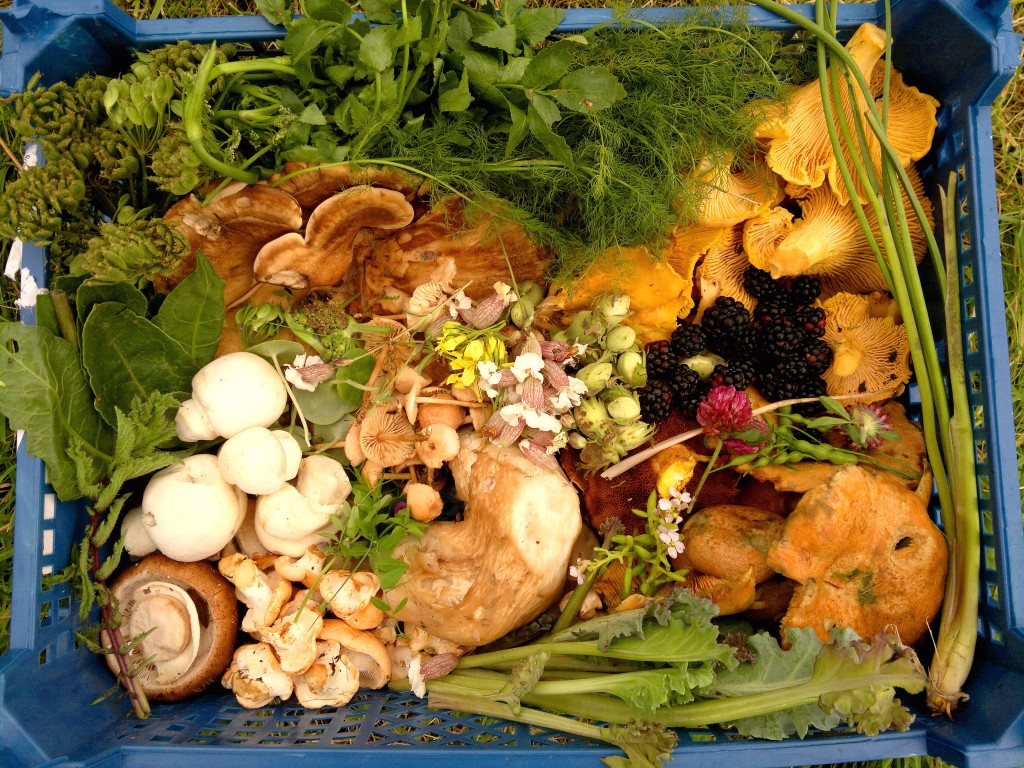
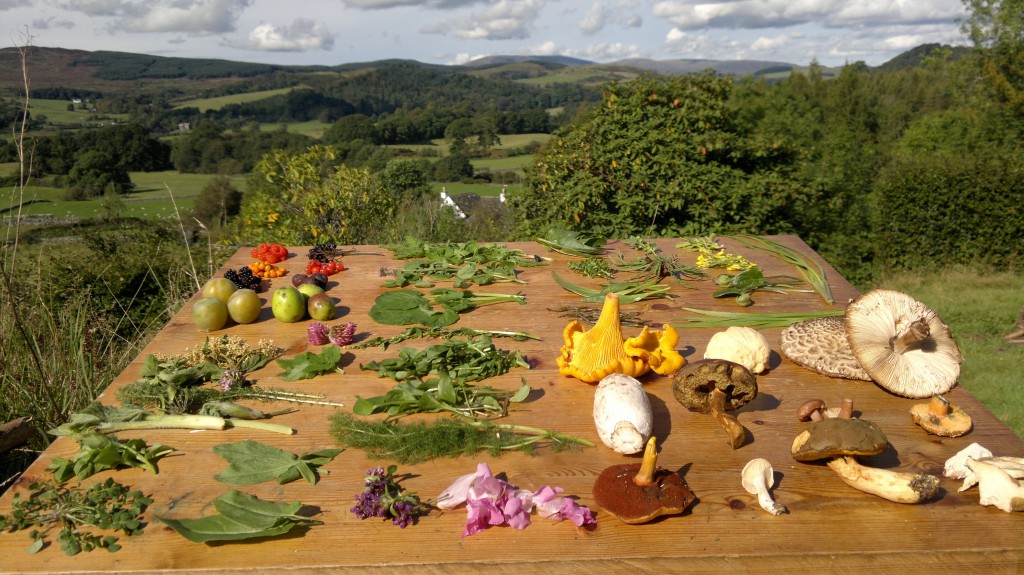
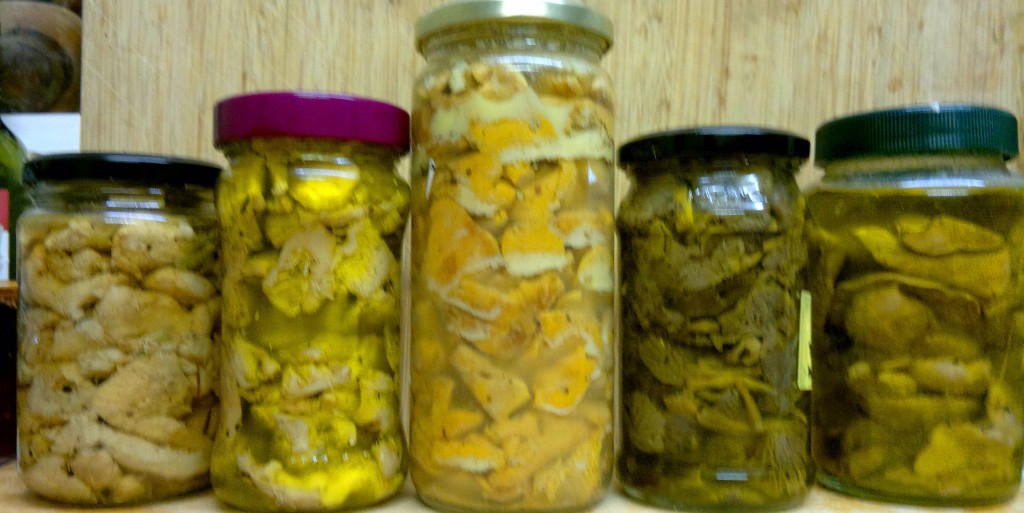
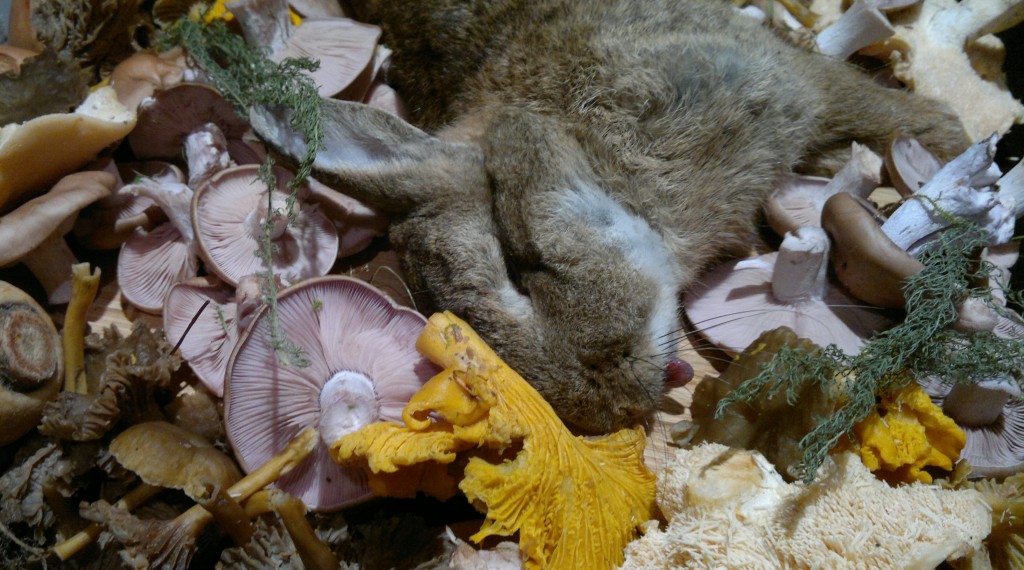
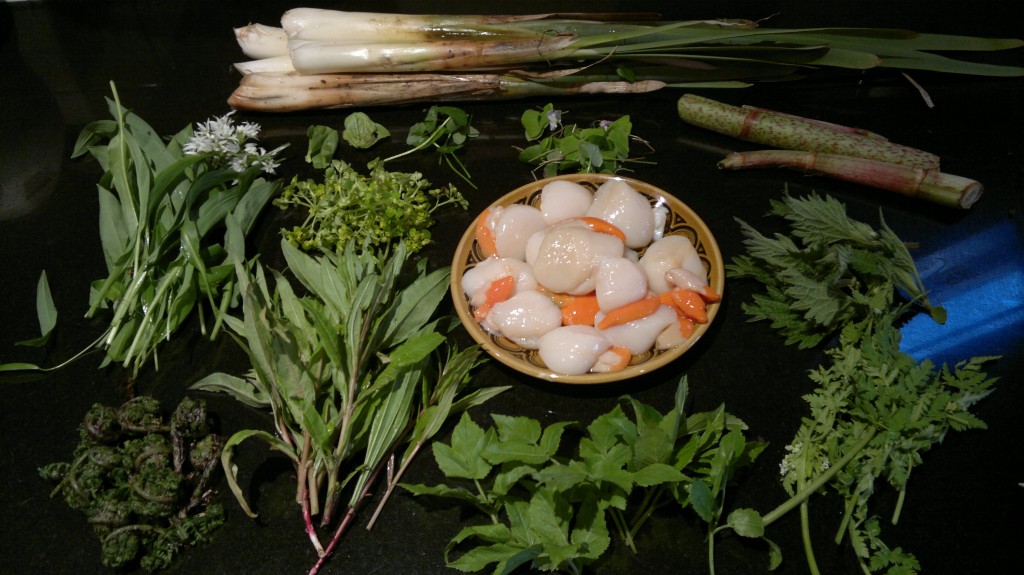
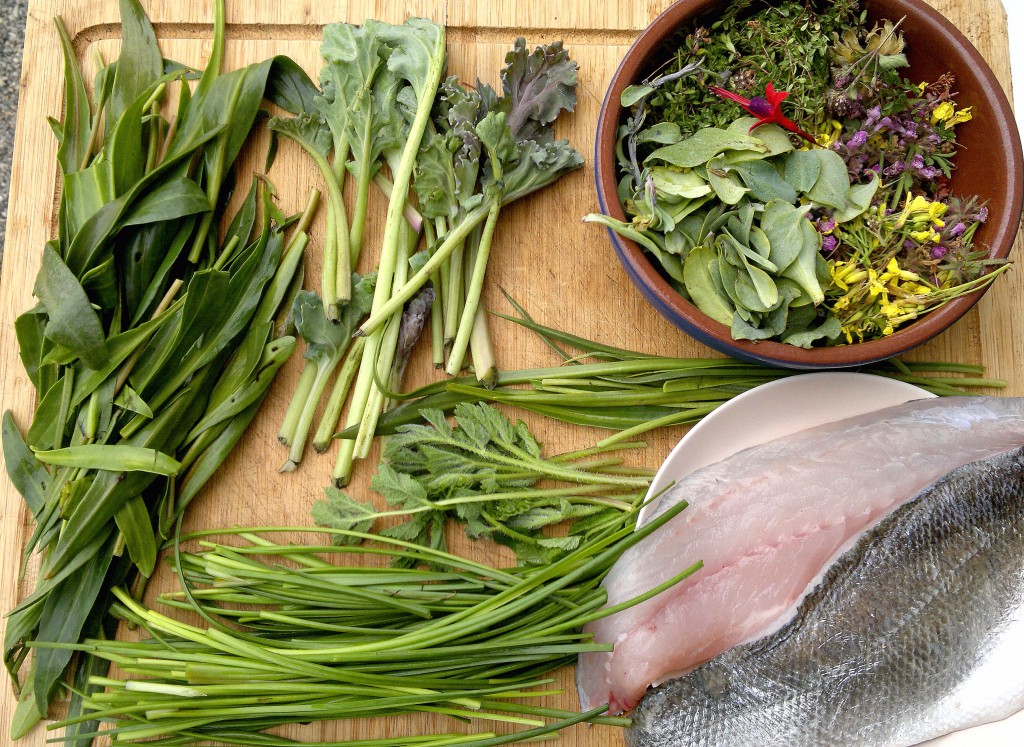
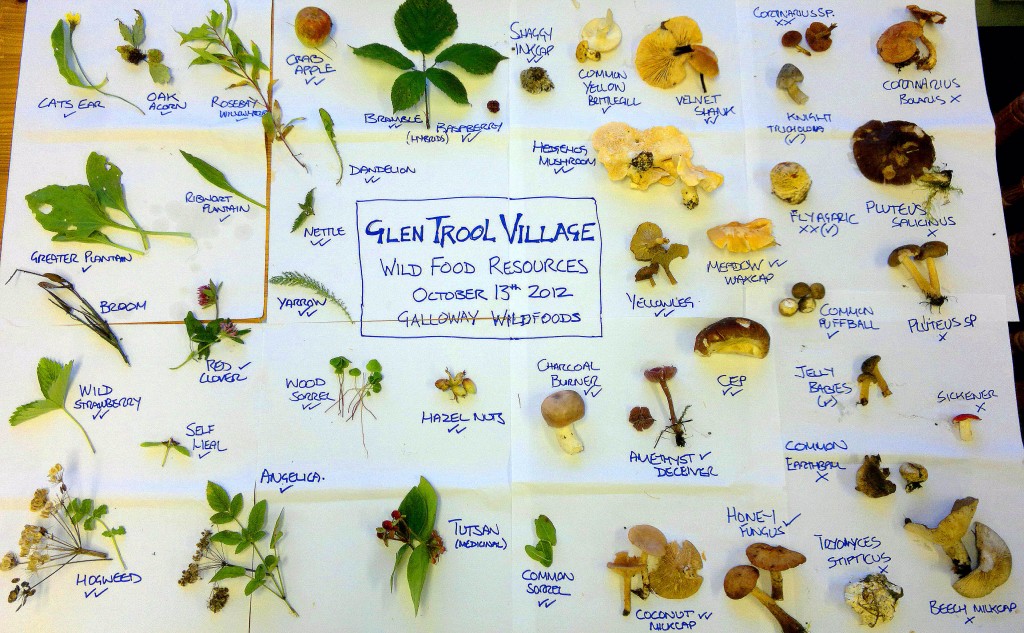
1 Comment
This is awesome Mark love to have a play with that lot! Hope to see you soon 🙂